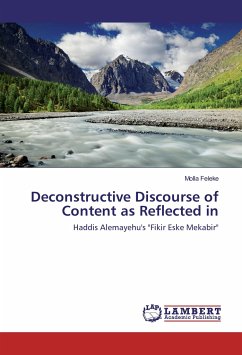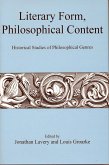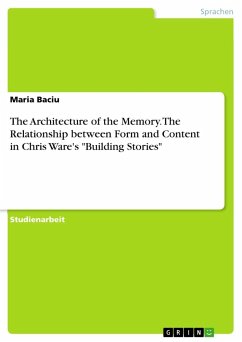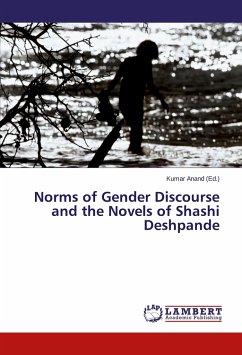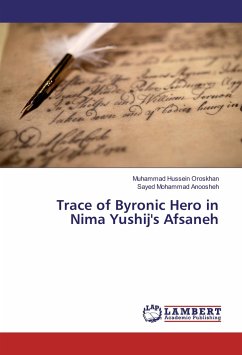Derrida's theory of Deconstruction is a continuation of a line of thinking started by Nietzsche and running through Martin Heidegger. It has been variously presented as a philosophical position, a political or intellectual strategy and a mode of reading. Deconstruction's line of thought is marked by a radical rejection of 'Platonism' or the framework of 'Philosophical distinctions' which is inherited from Plato and dominated European thought. Deconstruction is highly considered by students of literature and literary theory after Derrida's presentation of his thesis "Structure, Sign and Play in Discourse of Human Science. By this, Derrida "decenter" any absolute knowledge and the former intellectual cosmos. Therefore, this work gives the highlights of the essence of the theory of deconstruction. Chapter two of the work deals with the basic conceptual issues of deconstruction from various perspectives and its application in literature other than philosophy. In the chapter binary oppositions are considered as a meaning generating units in a text. And, the last chapter gives the practical deconstructive discourse of Haddis Alemayehu's 'Fikir Eske Mekabir'.
Bitte wählen Sie Ihr Anliegen aus.
Rechnungen
Retourenschein anfordern
Bestellstatus
Storno

